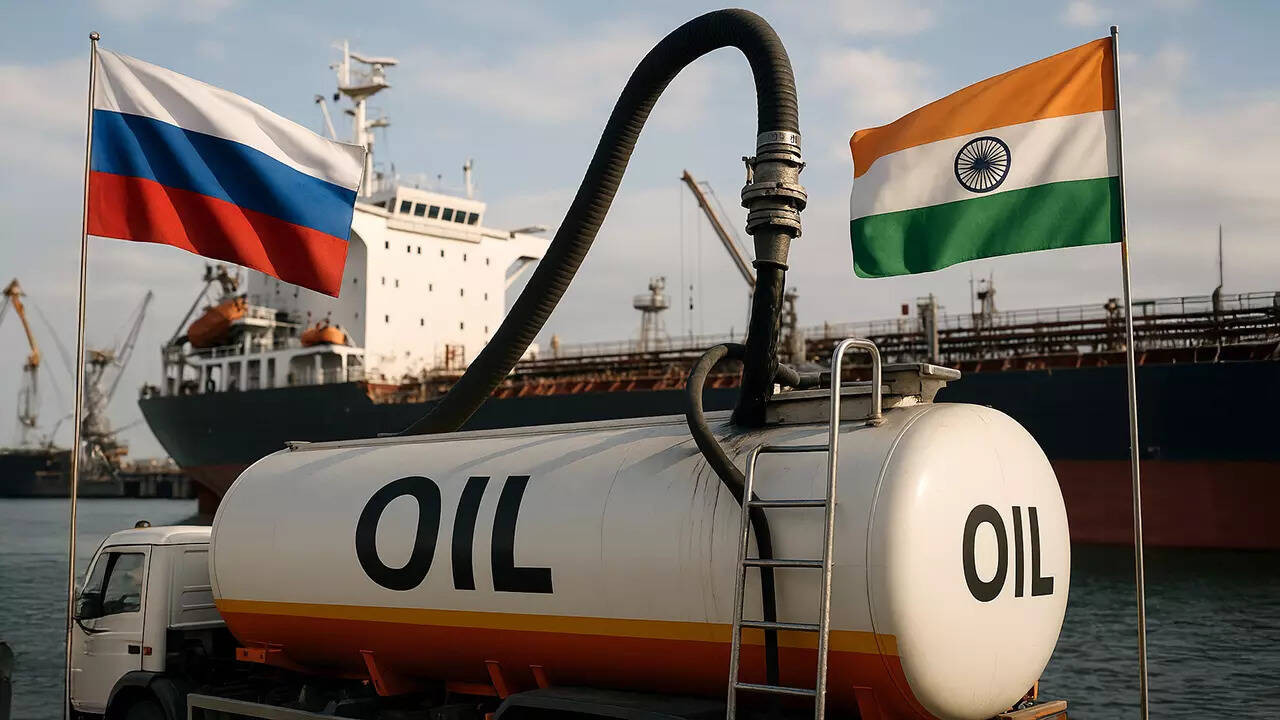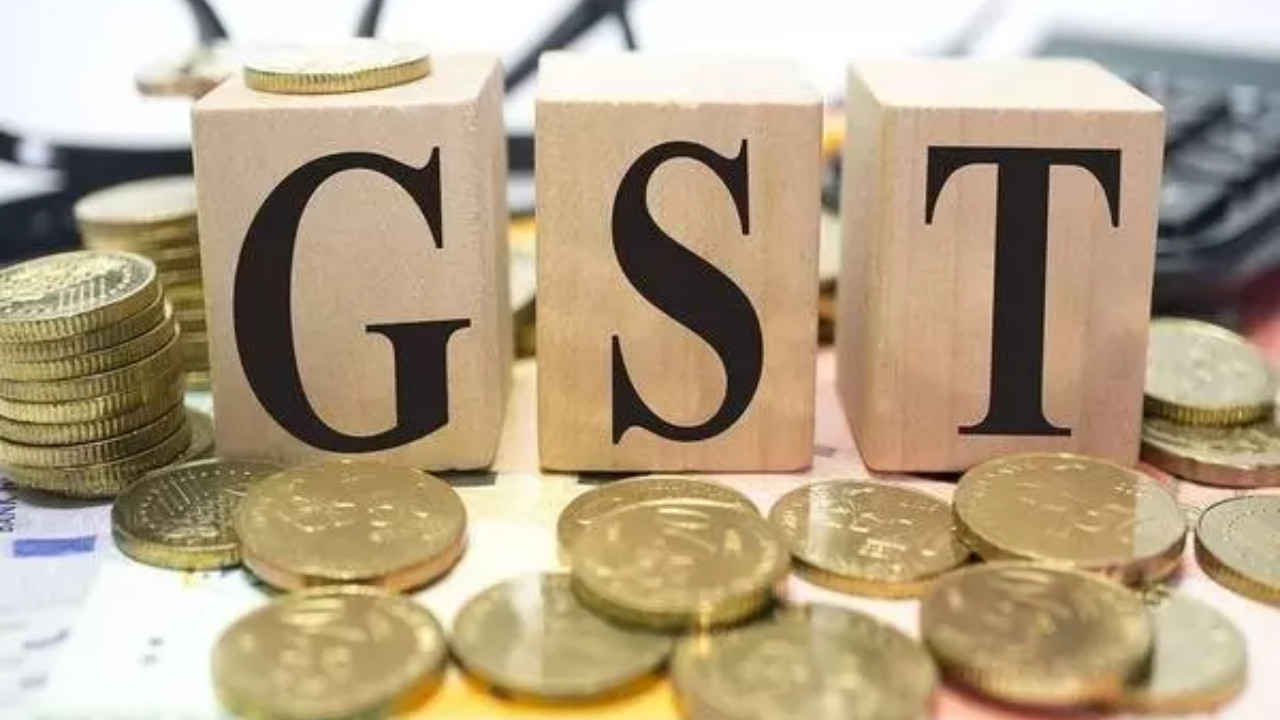EU and US economic restrictions are impacting Nayara Energy’s EPC operations, leading firms like Technip Energies and PT Timas Suplindo to withdraw from tenders. Despite no direct sanctions, Nayara faces challenges due to Rosneft’s significant ownership.
Nayara Energy: Navigating a Shifting Geopolitical Landscape
The winds of international politics are whipping around Nayara Energy, India’s privately-owned oil giant, and the gusts are only intensifying. Recent reports suggest the company, with its significant Russian backing, is facing a fresh wave of challenges as both the US and EU tighten the screws on entities perceived to be supporting Russia’s war efforts. This isn’t just about paperwork and red tape; it’s about real-world impacts on Nayara’s operations, specifically its ambitious expansion plans.
Nayara Energy’s story is compelling, to say the least. Acquired by Rosneft, the Russian state-owned energy behemoth, and a consortium of investment groups several years ago, it controls a vital oil refinery in Vadinar, Gujarat, and a network of fuel stations across India. This makes Nayara a key player in India’s energy landscape, but its ties to Russia are now proving to be a double-edged sword.

The Sanctions Squeeze: Impact on EPC Work
The immediate fallout seems to be hitting Nayara’s expansion project. This isn’t some minor tweak; it’s a significant upgrade aimed at boosting the refinery’s capacity and petrochemical production. Engineering, Procurement, and Construction (EPC) work is being significantly affected. Several contractors are reportedly hesitant to continue working on the project due to fears of running afoul of the increasingly stringent sanctions regime. Think about it: companies involved risk being blacklisted themselves, effectively cutting them off from lucrative Western markets and financial systems. No one wants to be caught in that crossfire.
This disruption to the EPC work translates to delays and potential cost overruns. A larger, more modern refinery means more fuel production, potentially lower prices for consumers, and greater energy security for India. Any holdup throws a wrench into those plans.
Decoding the Sanctions: Why Nayara?
So, why is Nayara Energy in the crosshairs? The rationale behind these sanctions is rooted in the West’s efforts to cripple Russia’s ability to fund its war in Ukraine. By targeting companies with strong ties to the Russian government, the US and EU hope to starve the Kremlin of crucial revenue streams. Nayara, with Rosneft holding a substantial stake, naturally falls under increased scrutiny.
It’s a complex situation. India, while maintaining a neutral stance on the Russia-Ukraine conflict, has also sought to safeguard its own energy security by continuing to import Russian oil at discounted prices. This has placed Indian companies, including Nayara, in a delicate balancing act. Navigating the intricacies of international finance and trade is now crucial for continued growth in the Indian economy. To learn more about the evolving relationship between India and Russia, check out this article.
What’s Next for Nayara Energy? Adaptation and Resilience
The million-dollar question is: How will Nayara Energy respond to these challenges? The company faces several options, each with its own set of risks and rewards.
One possibility is to seek waivers or exemptions from the sanctions, arguing that its operations are vital for India’s energy needs and do not directly contribute to the Russian war effort. However, securing such exemptions is far from guaranteed, especially given the current geopolitical climate.
Another option is to explore alternative financing and sourcing arrangements, perhaps by diversifying its ownership structure or relying more on Indian suppliers and contractors. This could be a longer-term strategy, requiring significant investment and restructuring.
Ultimately, Nayara Energy’s future hinges on its ability to adapt to this rapidly changing environment. The situation highlights the interconnectedness of global energy markets and the growing influence of geopolitical factors on business decisions.
Conclusion: A Test of Endurance
The challenges facing Nayara Energy serve as a powerful reminder of the complexities inherent in today’s globalized world. International sanctions, while intended to achieve specific political goals, often have far-reaching consequences for businesses and economies. Nayara’s ability to weather this storm will be a testament to its resilience, adaptability, and strategic foresight. The energy landscape is shifting, and only those companies that can navigate these treacherous waters will thrive.







